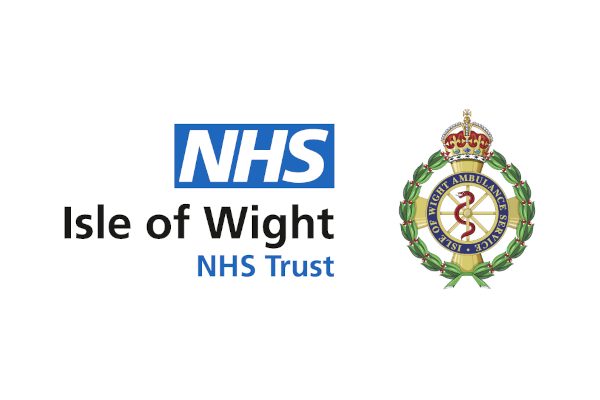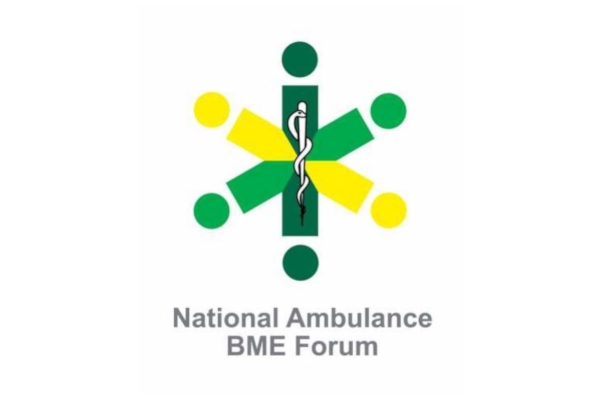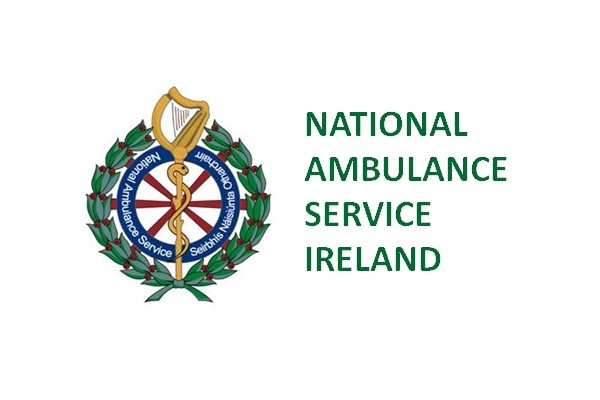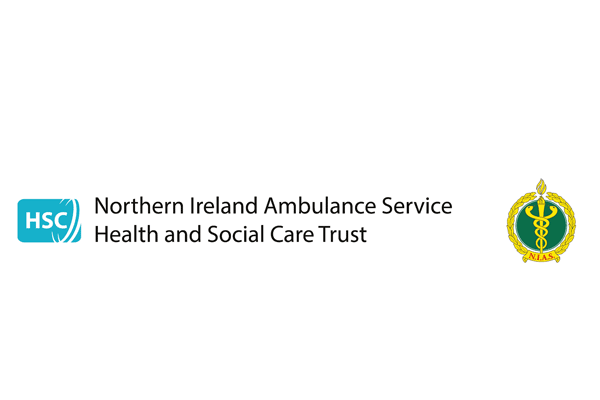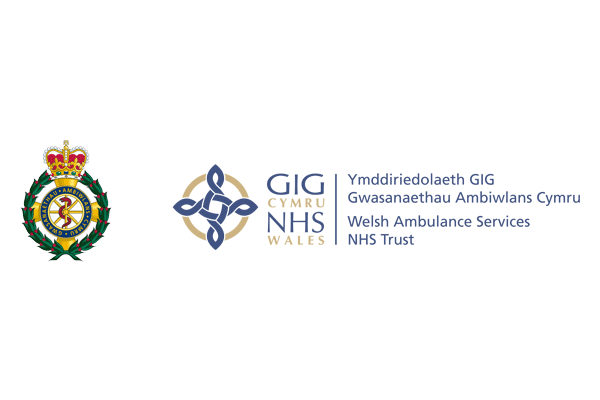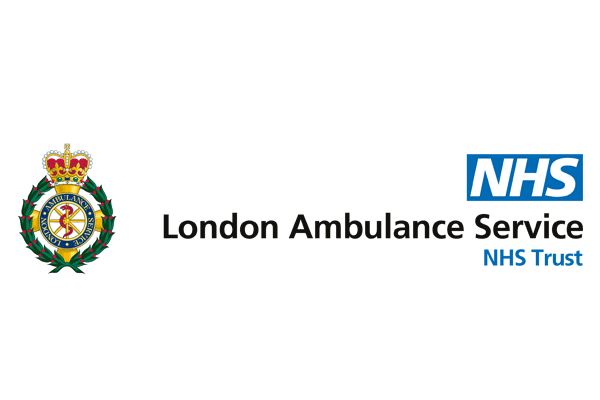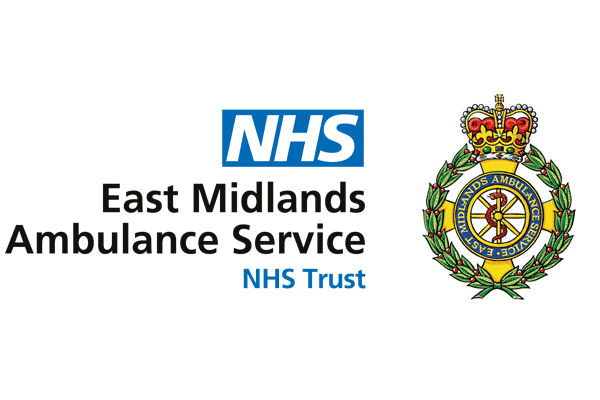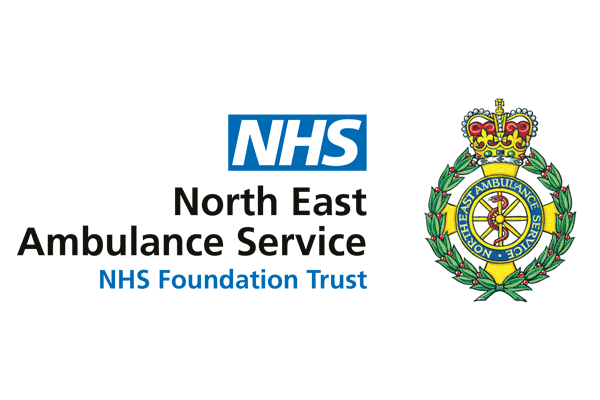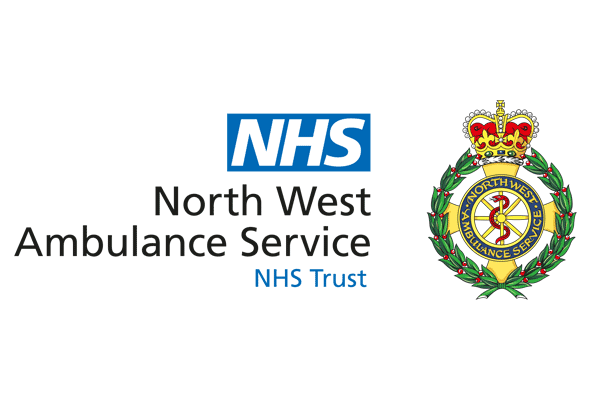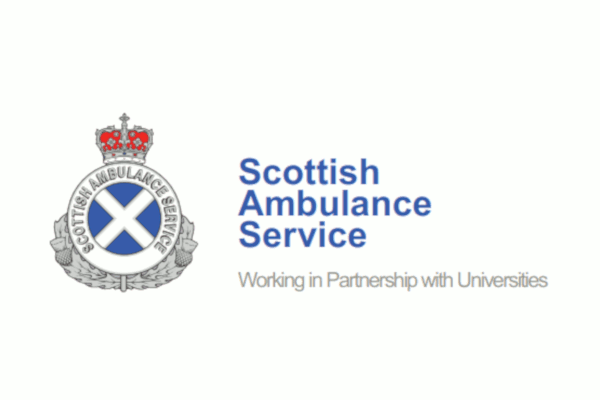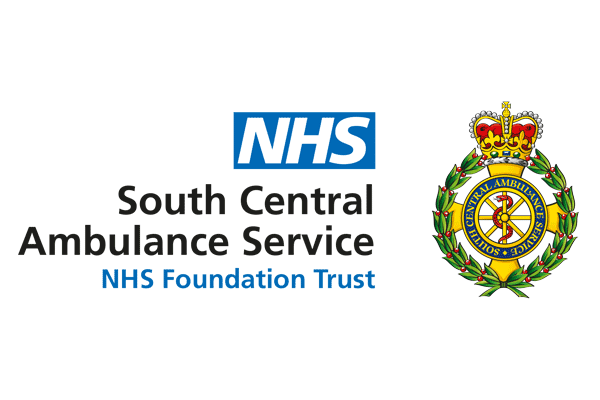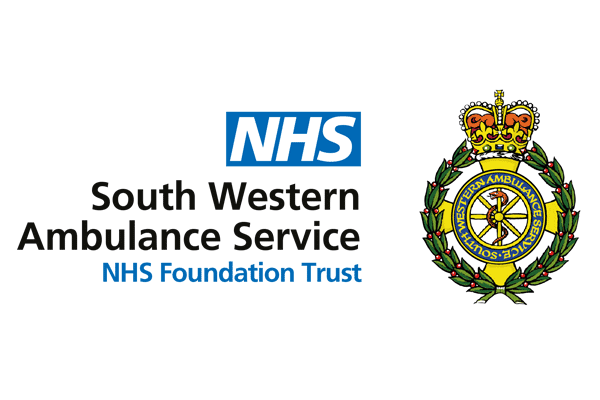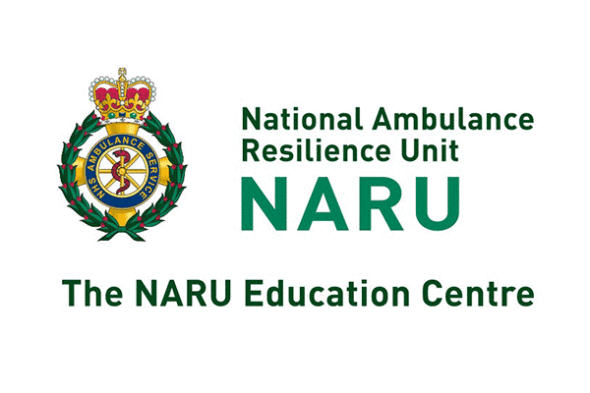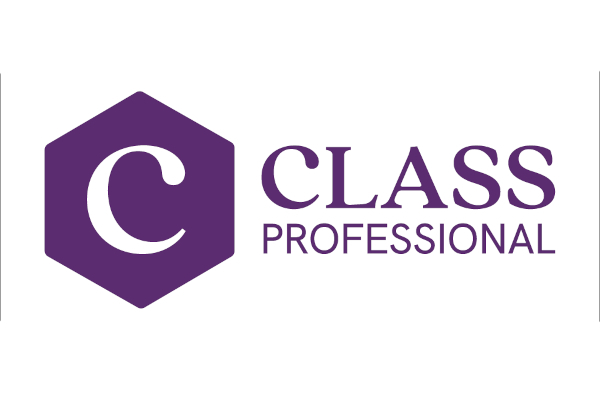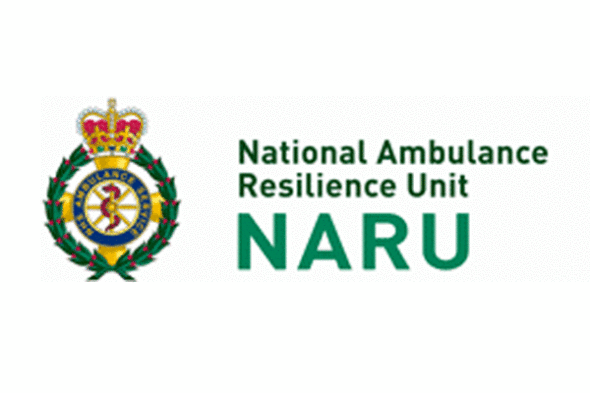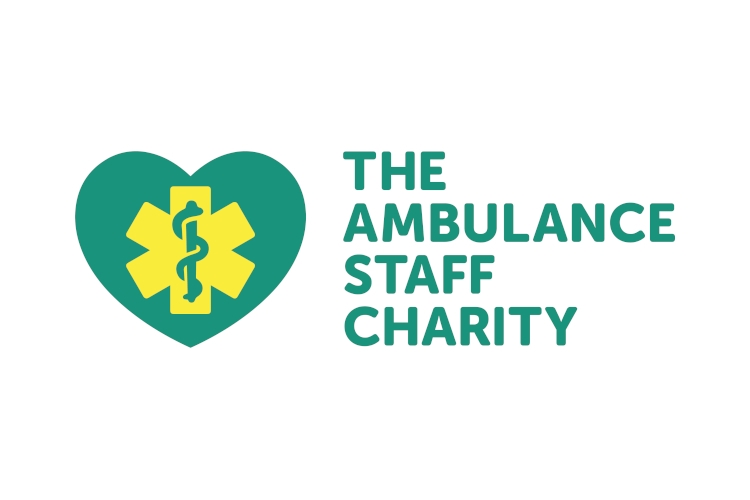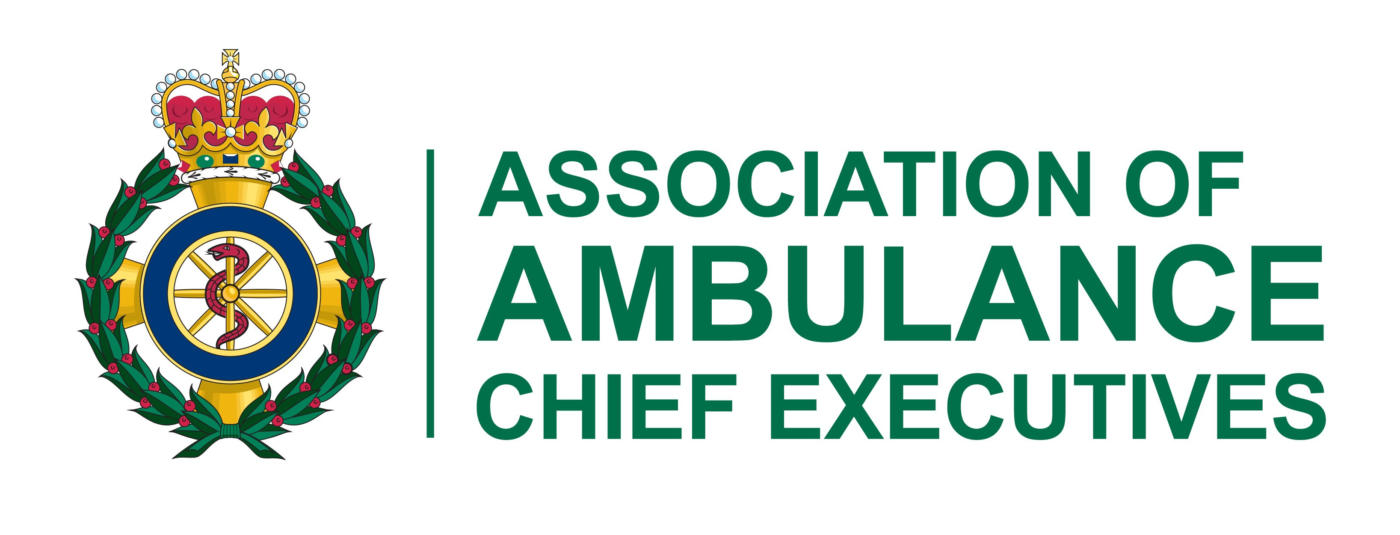
The Association of Ambulance Chief Executives (AACE) is calling on the Government and unions to work together urgently to resolve the current industrial dispute affecting NHS ambulance services, while providing practical advice on what the public can do to prepare for the additional challenges and risks that the strike will inevitably bring.
AACE Managing Director Martin Flaherty OBE QAM said:
“Regrettably it is now clear that strike action will take place across many parts of the UK ambulance sector on Wednesday December 21st which will add significant further pressures to an urgent and emergency care system that is already facing unprecedented challenges.
“As we have been making clear for several months, ambulance services are under unprecedented pressure at present even without the added challenges associated with industrial action. This week has seen ambulance services queuing calls in very high numbers due to having no resources available to respond. This is driven both by demand for our services and by a worsening of the hospital handover situation across the country which is due to the persistent flow problems associated with an inability to discharge patients into social care. This has led to long delays for patients despite ambulance services and their dedicated staff doing everything possible to respond as quickly as they can.
“The industrial action on Wednesday will inevitably result in less resources being available to respond to patients and while we continue to work with trade union colleagues and staff to ensure responses are available to those patients who are life-threatened or seriously injured, there will be even longer delays for many less serious patients and in many instances patients will be asked to try and make their own way to hospital or to access other safe alternatives to address their problem.
“AACE is therefore urging the public to follow the NHS England advice to use NHS services wisely during periods of industrial action and help ensure that care is available to those who need it most. This includes using 111 online as the first port of call for health needs and continuing to only use 999 if it is a life-threatening emergency.
“Ambulance services will be utilising senior clinicians in their control rooms to clinically review calls to ensure that we are responding to those who need us most. These clinicians will also be able to give advice about alternative care pathways or self-care.
“We would also suggest that people think about other ways to get to hospital if they believe they need to access emergency department services, such as by car, taxi or through a lift from friends or neighbours. We would also ask people to make a special point of looking out for vulnerable or elderly neighbours, friends and family members to ensure their wellbeing during these challenging times.
“While the Government and unions have so far been unable to reach an agreement that would have prevented this industrial action, as ambulance leaders we are now openly calling for the two sides to continue to meet and do everything in their power to find resolutions that will prevent further strikes in the weeks and months ahead.”

